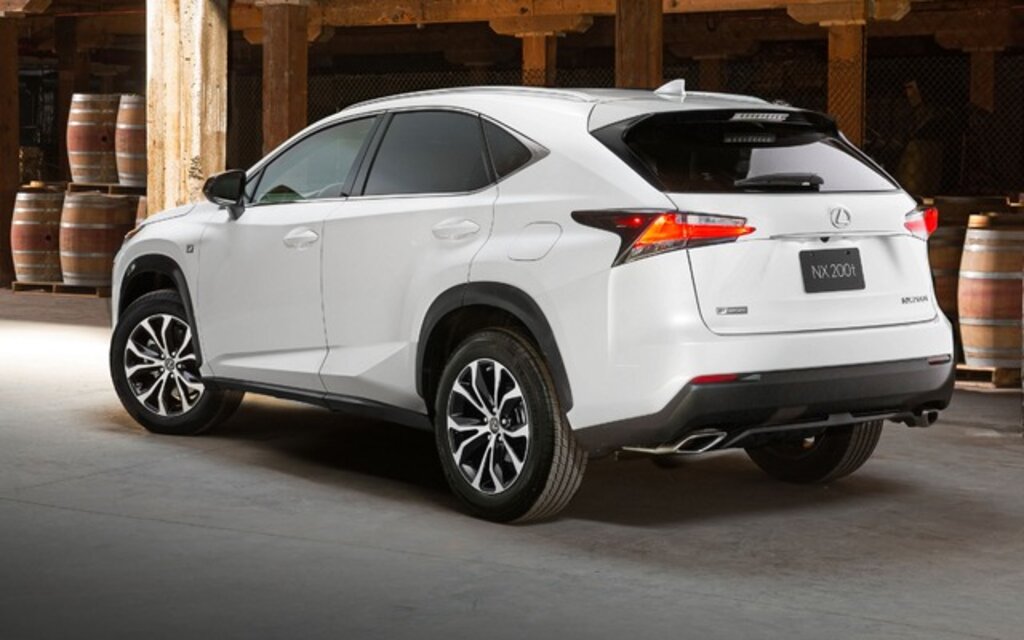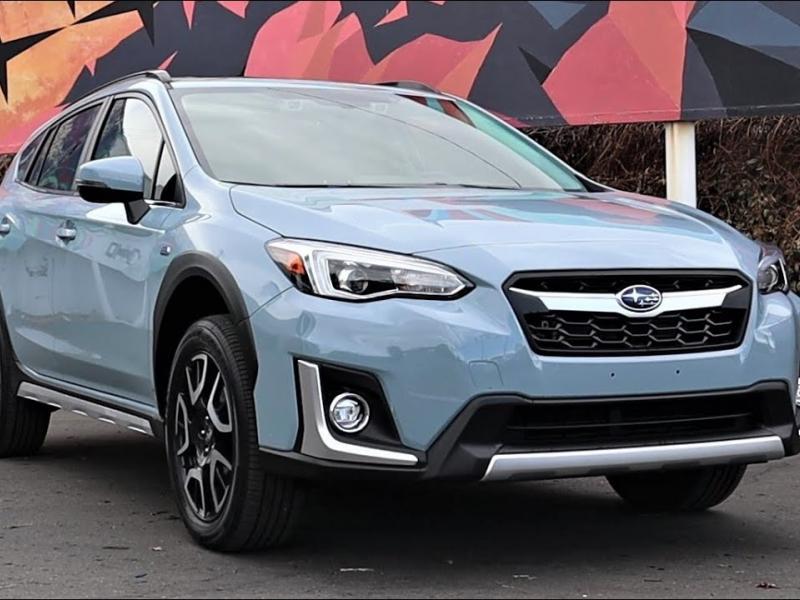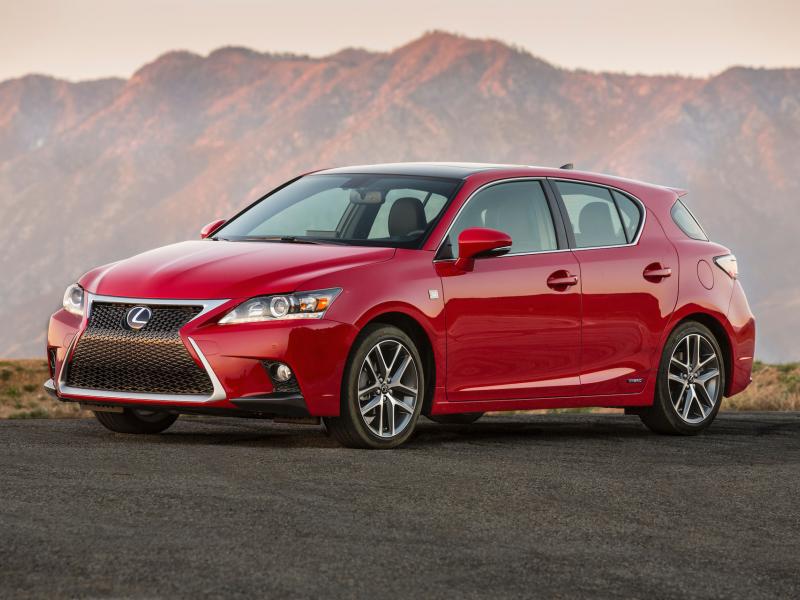Tips for Buying at Auction with NJ State Auto Auction
A few weeks ago, a friend of mine asked me about whether or not she should purchase a car from an auction. She had been talking to a small used car dealer who suggested it. I recommended against it for her particular situation, but there are many scenarios that are perfect for purchasing your next car at a state or local auction. You just have to be educated about the process in advance.Thankfully, to help prepare those interested in going the auction route, the New Jersey State Auto Auction has provided some helpful information on the process. Take a read, then visit their website to learn more. You can also follow them on Twitter here.

Tips for Buying a Car at AuctionCar auctions are one of the most exciting yet challenging ways to buy a car. It’s easy to get swept up in the moment, but with a little knowledge and preparation you can find the car of your dreams for a lower price than you would pay at your local auto dealer.
There are THREE Types of Auctions
Dealer Auctions: The most common type of car auction, dealer auctions are often restricted to dealers, but sometimes they open up to the general public. An auto dealer typically selects from the best cars that have recently been traded in by customers who bought new vehicles at their dealerships to sell on their used car lot, that haven’t sold in more than 60 or 90 days, or have ended up going to auto wholesalers – the vehicles that don’t meet those criteria head to the auction. Vehicle quality, however, can range widely from vehicles only good for parts to those that are ready to drive. That’s why it’s important to be educated about the auto auction process.
Antique Auctions: Barrett-Jackson has become a predominantly recognized auto auction thanks to its coverage on the Speed Channel, but it is only one of a range of auction houses that specialize in antique cars. Prices for antique and fully restored vehicles will always be higher than what you would find at a regular auction because an antique auction targets people interested in these often rare vehicles. Plus, these vehicles most often have a “reserve” amount* (unknown to the audience) that bidders must meet before the owner will sell.*Sometimes an owner will put a reserve on a car. This is the minimum price for which the owner will sell his or her vehicle. A “no reserve” car must sell to the highest bidder, regardless of the sales price or the car’s true value. “No reserve” cars often sell more quickly or at higher prices because it shows that the owner is confident that he or she will get an equal return on his or her investment.For example, if John Smith bought a car for $15,000 and put $30,000 into restoring it, he would want to get at least $45,000 out of it at auction. If he doesn’t put a reserve on it, then he’s most likely to get to $45,000; however, if he’s not sure he can get the full amount back to break even, he may put a reserve on it for $45,000.
Government Auctions: The vehicles found at government auctions can be some of the best deals because these auctions can be obscure and there is no reserve price on anything sold. Most of the cars found here are repossessions, but with that can come repercussions of the angry owner who quit taking care of the vehicle once he or she knew it would be taken away. Also worthy of note, fleet sales (government-issued vehicles that are sold once the local, state, or federal agency receives new cars) usually attract more buyer interest than estate sales, especially if specialty vehicles like police cars are being offered.
Buying a Car at Auction
While you won’t have the chance to test drive the vehicles for sale, you will have an opportunity to look over them in the lot before the auction begins.
- Do your research: If you have a car in mind, make sure you know about problem areas for that model that can be quickly identified. Usually Consumer Reports Used Car Guide can help guide you on this information.
- Cars at dealer auctions are rated by “lights” depending on how the seller will back the vehicle. Here is the breakdown of the light system:
- Red Light: No guarantee is made on the car. Car is sold “as-is.” Note: A “red light” car isn’t necessarily bad. Sometimes a it can indicate that the owner does not want to go through the work and costs to certify the vehicle.
- Yellow Light: The car is guaranteed to be driveable (at least long enough to get it onto a trailer).
- Green Light: The car has a short warranty, as determined by the auction house, and is in reasonable mechanical condition.
- One last tip – you may not be the only one interested in a vehicle. Before you end up in a bidding war, set a maximum price for yourself and don’t go over your limit in the heat of the moment. Only buy something because you want it, have researched it, and can afford it, NOT because you think you want it more than someone else.




